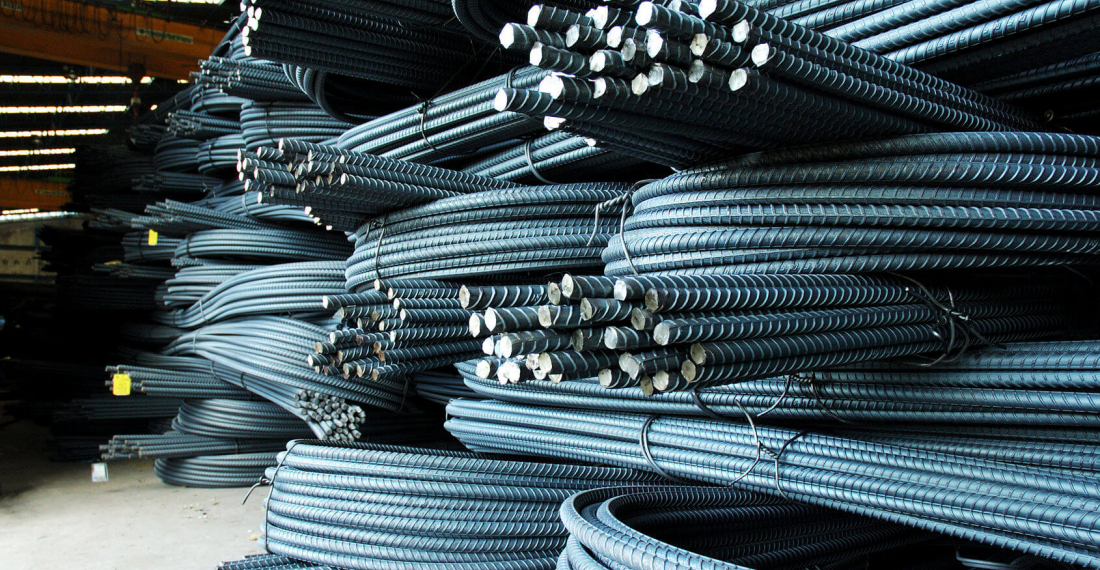The European Union and the United States will discuss a solution to overcapacity in the global steel and aluminium markets. The EU is suspending planned tariff increases on US imports as of 1 June because of the talks, the European Commissioner for Trade, Valdis Dombrovskis, has said.
The planned doubling of punitive tariffs on Bourbon whiskey, jeans, and Harley-Davidson motorcycles, among other things, are in retaliation for tariffs of 25 per cent on steel and 10 per cent on aluminium that former US President Donald Trump introduced in 2018 for almost all countries in the world. The EU hit back with an additional 25 per cent tax on a range of American products.
The announced doubling of those European punitive tariffs are now going on hold as Brussels and Washington "restart their transatlantic relationship", Dombrovskis says.
The US and EU suffer greatly from market distortions caused by overproduction in China in particular. Chinese companies are dumping their often heavily subsidised steel products on the US and European markets, with significant consequences for industry and jobs.







